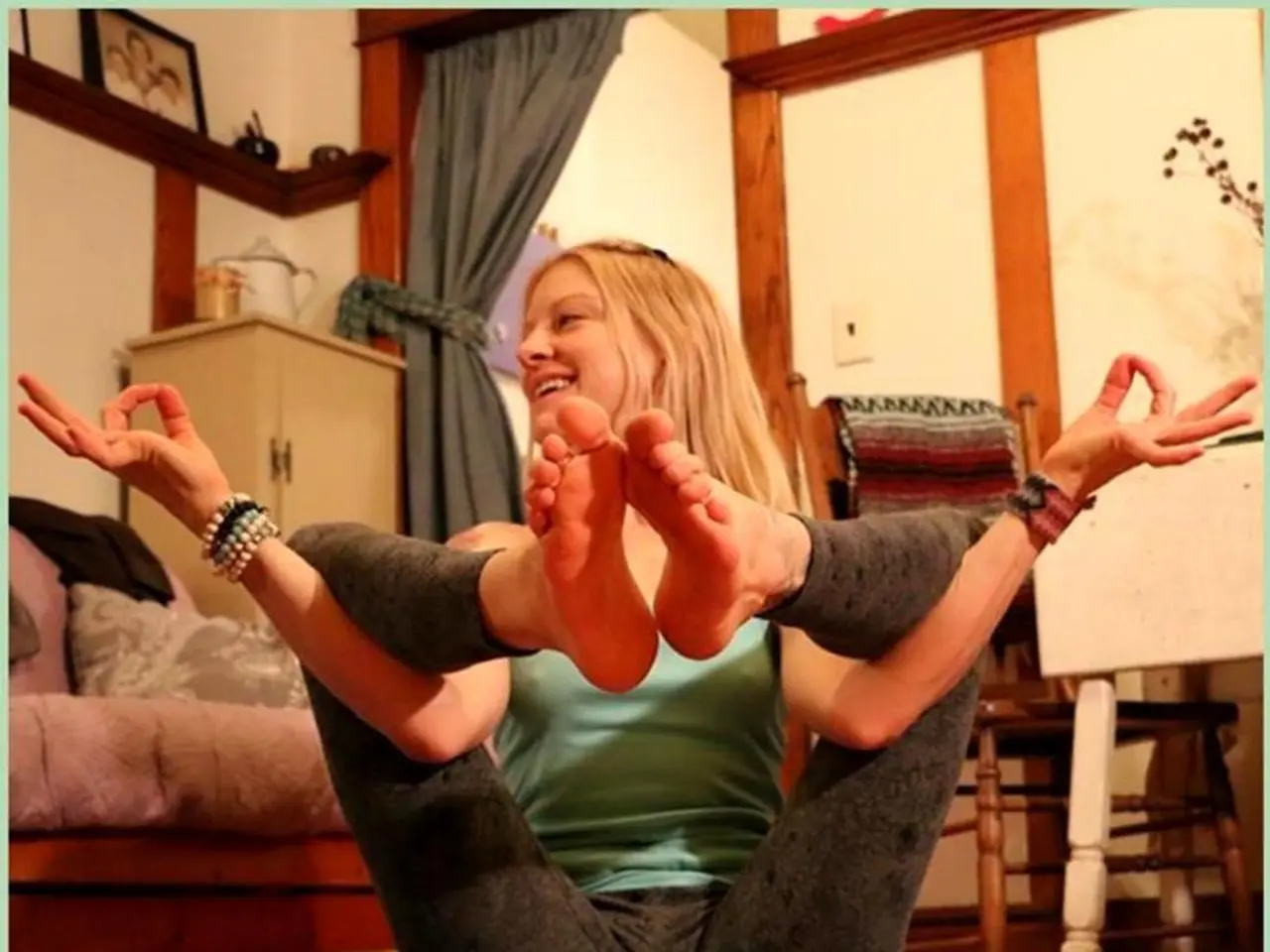Does an acupressure mat deliver its promised benefits?
Acupressure mats, designed to stimulate acupressure points using thousands of tiny spikes, have gained popularity as a potential aid for pain relief and relaxation. However, the scientific evidence supporting these claims is largely anecdotal and limited, especially for specific ailments such as headaches, neck pain, and back pain.
Regarding pain conditions like neck and back pain, systematic reviews and expert analyses have found little robust evidence that acupuncture or related therapies consistently benefit many pain conditions beyond short-term relief or placebo effects. For example, while there is some evidence that acupuncture can help neck pain and shoulder pain, its effectiveness for other conditions like headaches or general back pain is not convincingly proven.
In contrast, there is more promising evidence for acupressure in reducing stress and improving sleep quality. A systematic review of 13 studies showed that acupressure significantly reduced symptoms of anxiety and stress in both healthy individuals and patients with chronic conditions. Another study found acupressure improved sleep quality in patients with chronic heart failure, suggesting potential usefulness in stress management and insomnia.
When it comes to general pain management, there is some emerging case-report level evidence indicating potential pain reduction, particularly for specialized forms of therapy related to acupressure or massage. However, these findings are preliminary and not specific to acupressure mats.
In summary, while acupressure mats may help some individuals reduce stress and improve relaxation or sleep based on moderate evidence, there is little strong scientific proof that they are effective for specific pains like headaches, neck pain, or back pain beyond placebo effects. More rigorous, large-scale, controlled studies are needed to conclusively demonstrate therapeutic benefits for these particular ailments.
It is important to note that acupressure did not positively affect sleep quality in people with migraine, according to a 2019 study. Pregnant women should also consult a doctor before using acupressure mats and seek medical advice for other alternative therapies, as the safety of these practices during pregnancy is not fully established.
In conclusion, acupressure mats may be a useful complementary tool for stress relief and relaxation, but they should not replace conventional medical treatments for pain or serious conditions without further confirmation. For individuals considering the use of acupressure mats, it is advisable to consult with a healthcare professional to discuss the potential benefits and risks.
**Key Points:**
| Ailment | Evidence for Acupressure Mat Effectiveness | |--------------------|-----------------------------------------------------------| | Headache | No strong scientific evidence beyond placebo | | Neck Pain | Some evidence for acupuncture/acupressure, but limited | | Back Pain | No robust evidence; benefits likely short-term/placebo | | Stress | Moderate evidence supports reduction of stress and anxiety| | Insomnia | Some studies show improved sleep via stress reduction | | General Pain Management | Preliminary reports show some pain relief, needs more research |
- The scientific evidence supporting the effectiveness of acupressure mats in combating headaches is mostly anecdotal and doesn't show strong scientific backing, beyond potential placebo effects.
- The evidence for acupressure mats in alleviating neck pain is limited, though there may be some evidence for related therapies like acupuncture.
- For back pain, no robust scientific evidence has been found that acupressure mats are significantly beneficial beyond offering short-term relief or placebo effects.
- However, acupressure, including the use of mats, has shown moderate evidence in reducing stress and symptoms of anxiety in both healthy individuals and those with chronic conditions.
- Acupressure mats may potentially improve sleep quality for some individuals, particularly those dealing with stress, but further studies are needed to establish their effectiveness, especially for managing pain conditions like headaches, neck pain, and back pain.




